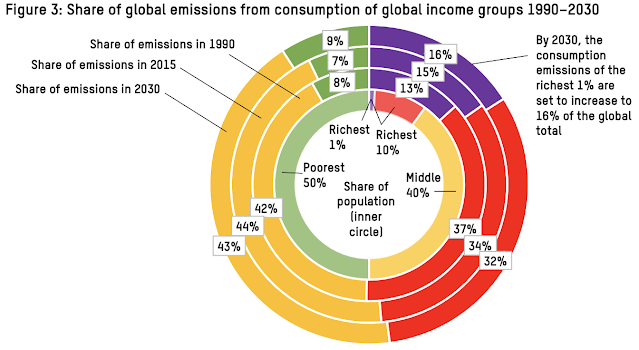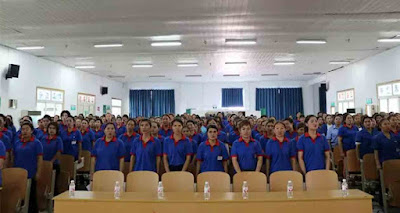Links & Contents I Liked 424

Hi all, This week's review features insights from Uganda, Madagascar, North Africa, Afghanistan, Mexico, India, Brazil, Australia, UK, the UN system & the World Bank! So enjoy your critical #globaldev readings! My quotes of the week Hunger is everywhere in southern Madagascar. Those who have livestock or land will sell it to buy food but they are taken advantage of because they are so desperate. Then there are others who have nothing. They eat cactus leaves mixed with ashes, just to not be hungry, to get rid of that empty feeling. ( Madagascar is drying out – there’s no harvest, only hunger) It’s also important to take into account that the line that divides government and organized crime is often nonexistent. This needs to inform the discussion about whether it’s wise to create a centralized database of all people in Mexico with biometrics, where that information can be weaponized against its citizens. Because, obviously, the Mexican institutions are infiltrated by organized




